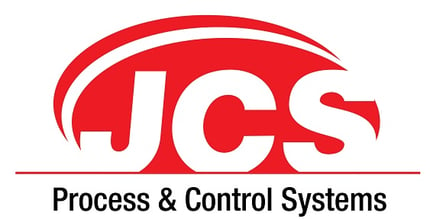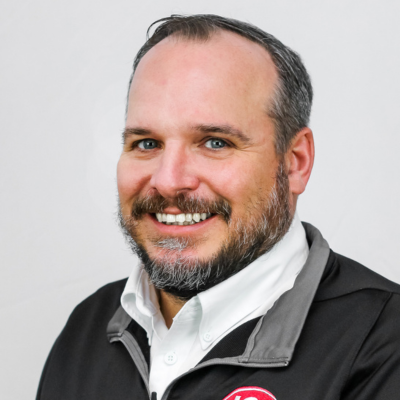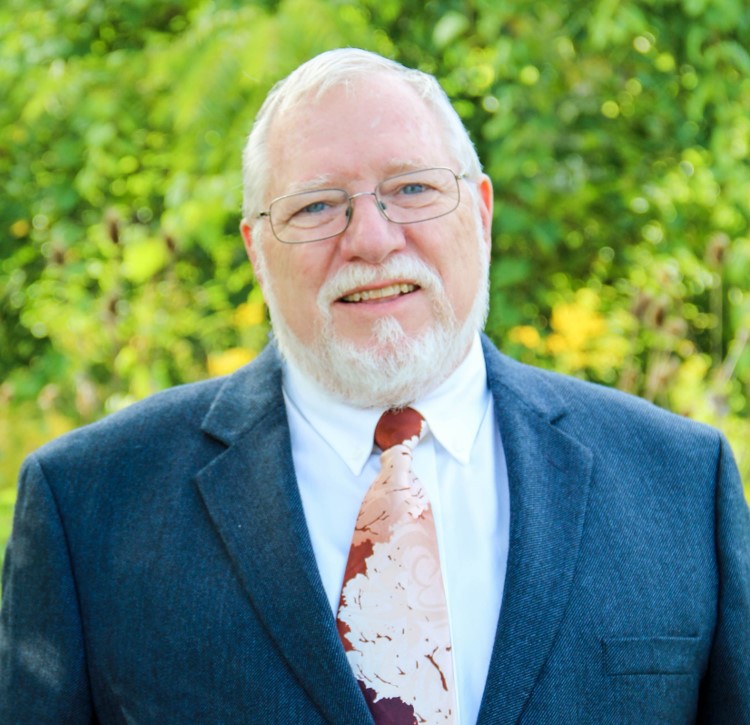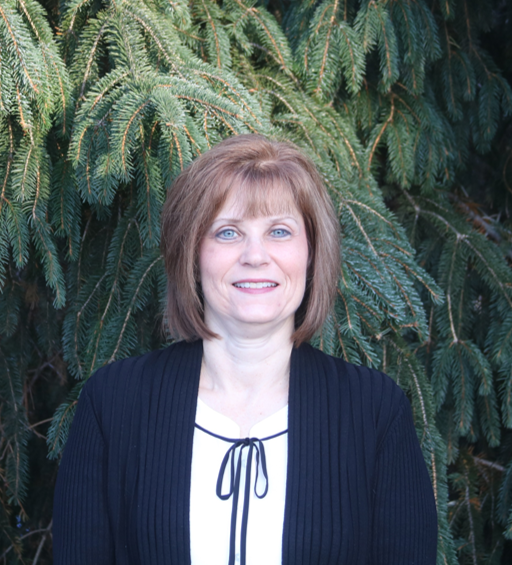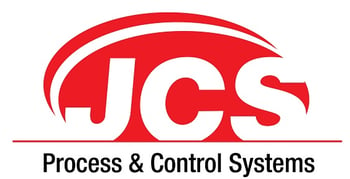Balance Tank design plays a large role in the efficiency of the product and water changeover of a pasteurizer. Depending on product and application as well as ordinances that must be complied with the Food and Beverage industry, one may or may not have the ability to make efficient balance tank designs. PMO (Pasteurized Milk Ordinance) has specific rules regarding Balance Tanks. In the case of HTST for Grade A milk, the top of the Balance Tank must be lower than the bottom of the PHE (Plate Heat Exchanger), therefore most dairy HTST’s have a design like the one shown in Figure #1 below. However, for HHST (ESL Higher Heat Short Time) or UHT (Ultra High-Temperature Short Time), there is more flexibility on Balance Tank design. JCS typically uses an arrangement as shown in Figure #2 below, with a sump in the bottom of the product Balance Tank which has a small volume with a maximized head, to produce a sharp product to water transition with minimum interface. Coupling this with other design considerations such as Feed Forward Temperature control, in our direct injection system (UltraSys™), and other processing considerations for Deaerators, and Flash Chambers, we always strive to minimize product loss. Below you will find a short description of how the changeovers are controlled.

